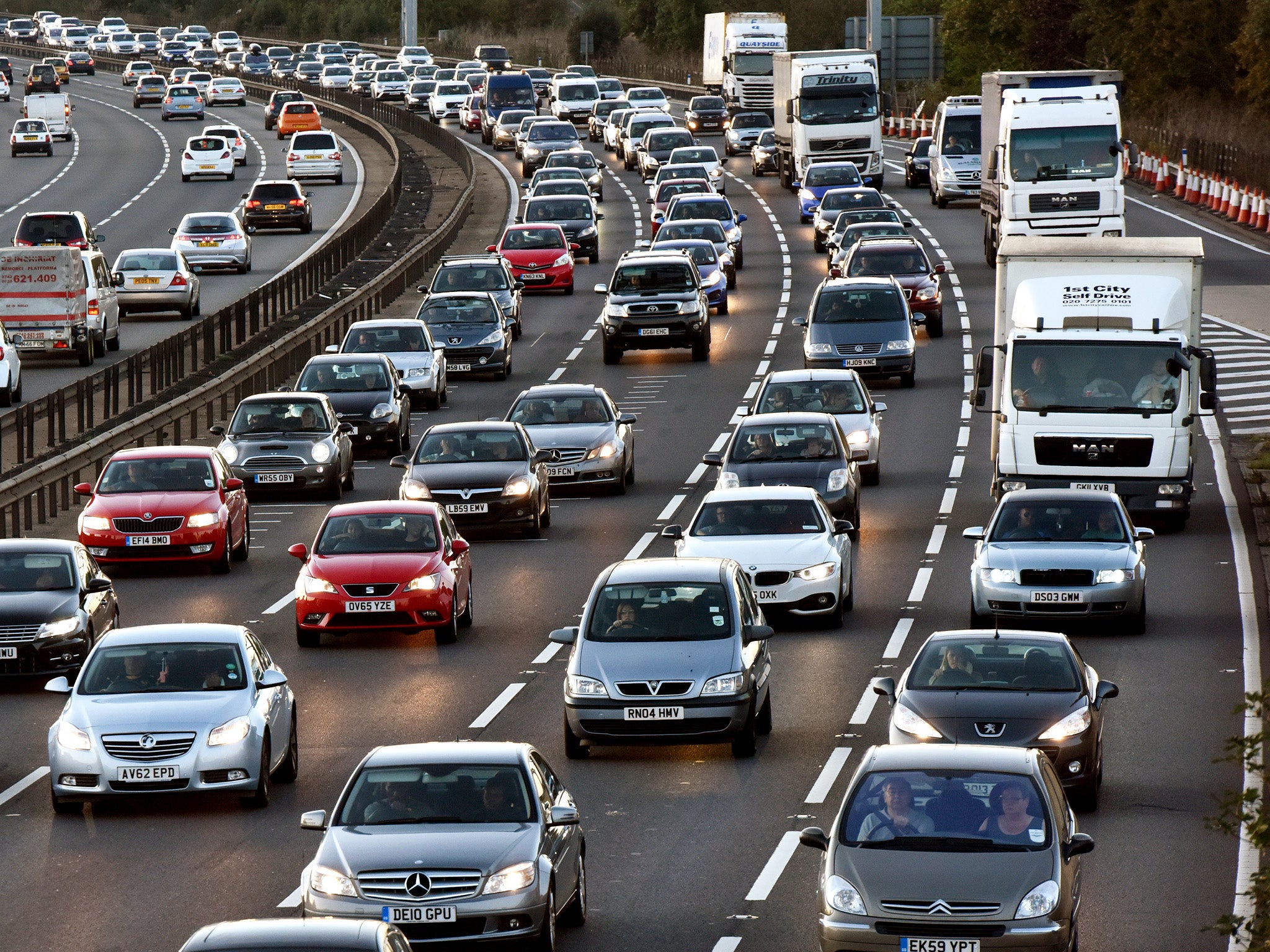‘Rapid stop’ to CO2 emissions needed to limit global warming to 1.5C, says Met Office
Necessary decline in carbon levels remains in reach with immediate action, says forecaster

Your support helps us to tell the story
From reproductive rights to climate change to Big Tech, The Independent is on the ground when the story is developing. Whether it's investigating the financials of Elon Musk's pro-Trump PAC or producing our latest documentary, 'The A Word', which shines a light on the American women fighting for reproductive rights, we know how important it is to parse out the facts from the messaging.
At such a critical moment in US history, we need reporters on the ground. Your donation allows us to keep sending journalists to speak to both sides of the story.
The Independent is trusted by Americans across the entire political spectrum. And unlike many other quality news outlets, we choose not to lock Americans out of our reporting and analysis with paywalls. We believe quality journalism should be available to everyone, paid for by those who can afford it.
Your support makes all the difference.Human-induced CO2 emissions need to come “rapidly to a complete stop” if the world is to meet its goal of limiting global warming to 1.5C, according to an annual forecast by the Met Office.
The forecast said the amount of CO2 added to the atmosphere each year would need to drop immediately and be 20 per cent lower each year until 2027.
It would need to continue falling fast through to the early 2040s in order to stay below 1.5C — thought necessary to avoid the greatest threats from climate change.
The level of CO2 in the atmosphere would decline in the later part of the century if these conditions were met, the Met Office said.
CO2 is the foremost greenhouse gas emitted by human activity. It is estimated to account for around 80 per cent of all greenhouse gas emissions in the UK.
Several countries including the UK have pledged to offset rising CO2 levels by reducing emissions to net-zero by 2050. The Met Office said net-zero is not the same as an end to an annual rise in CO2 levels and could come several years later.
The annual rise of CO2 in the atmosphere has been nearly 2.5 parts parts per million on average for the past 10 years, more than double the amount in 1958 when records began.
The Met Office said this year's rate of increase was expected to be slower than recent years' due to natural conditions that would support carbon capture.
Professor Richard Betts, who leads the team behind the CO2 forecast, said: “Our 2022 forecast suggests that nature will temporarily be doing our ‘heavy lifting’ this year as ecosystems – such as tropical forests - are expected to draw down a higher proportion of carbon-dioxide from the atmosphere than usual.
“However, if the world is to meet ambitious targets within the Paris Agreement, the long-term build-up of CO2 in the atmosphere needs to slow rapidly and come to a halt before mid-century.
“This would need an immediate slowing in the rate that human-induced carbon-dioxide emissions are added to the atmosphere, leading rapidly to a complete stop. A temporary boost from nature is obviously welcome, but we won’t get this free dividend in most years.”
He said the boost was down to La Nina, a periodic natural phenomenon that affects weather around the world. The past two years have seen La Nina occur.
Prof Betts said: “During a La Nina event we see relative cooler global temperature and a strengthening of carbon sinks which can draw down more CO2. However, in an El Nino year, such as 2016, we see hotter and drier conditions leading to reduced carbon uptake.
“Nevertheless, the long-term change is driven by human emissions.”
Join our commenting forum
Join thought-provoking conversations, follow other Independent readers and see their replies
Comments